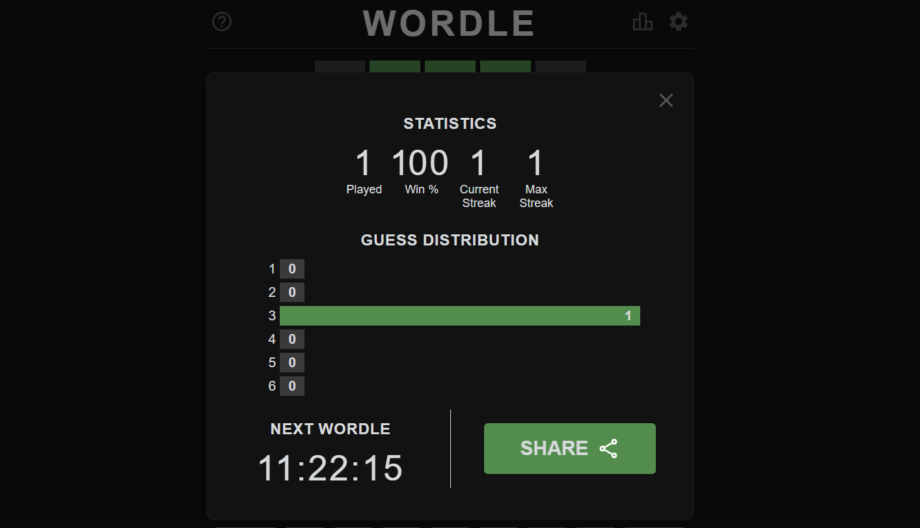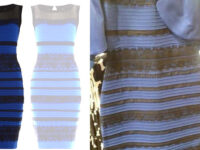Every night, precisely at midnight, thousands of people visit a website and wrack their brain, going through every five-letter word they know to find the correct solution in six tries or less. Once they solve the word — or fail to do so — they wait for 24 hours to do it all over again. But, what is it about Wordle that is so appealing, inspiring The New York Times to purchase the quick game for a price of seven figures? According to psychologists and neuroscientists, there are three main aspects to Wordle’s popularity: the dopamine rush from winning, the challenge the game poses, and the social aspect.
Although the difficulty posed by puzzles may feel frustrating, all that frustration is outweighed by the dopamine rush.
The feeling of reward from solving that complicated question or winning that challenging round is caused by dopamine, a chemical neurotransmitter that your brain releases when it expects a reward. According to psychologist Lee Chambers, Wordle “activates both the language and logic parts of our brain.” Although the difficulty posed by puzzles may feel frustrating, all that frustration is outweighed by the dopamine rush caused by figuring out the correct word in six or fewer tries. But what if we don’t figure it out in time? According to Jonny Thomson, professor of philosophy at the University of Oxford, seeing the target word even after failure provides a sense of satisfaction.
In addition to the rush of joy from success, people find Wordle addictive because of the challenge of six limited attempts. This feeling is amplified when we cannot solve the daily Wordle in the given amount of guesses. Our brains can’t stand losing, and we resolve that feeling of anger by trying again tomorrow. We just have to try again to get the dopamine rush.
We just have to try again to get the dopamine rush.
The final and perhaps most unique aspect of Wordle’s popularity is the social aspect. After solving the target word, we can post our stats online so that our friends can see our success (or failure). Guessing the same word allows us to bond over our shared success or collectively complain about the difficulty. Most importantly, this game unleashes our competitive nature. Who doesn’t want to compare their Wordle stats with their friends to see who did better? Being able to share results and compete with each other creates a sense of unity.
Of course, other factors make Wordle so addictive, such as the free and easily accessible website and the short time span of playing once a day. As shown by The New York Times’ purchase, it doesn’t look like Wordle is going anywhere for a while, so sit back and good luck on today’s challenge!
For further reading:
https://bigthink.com/high-culture/wordle-psychology-addictive/
https://www.insider.com/wordle-game-viral-experts-psychology-sharing-twitter-2022-1
https://www.psychologytoday.com/us/blog/psychology-tomorrow/202201/why-is-wordle-so-popular
https://www.healthline.com/health/dopamine-effects#how-it-makes-you-feel

